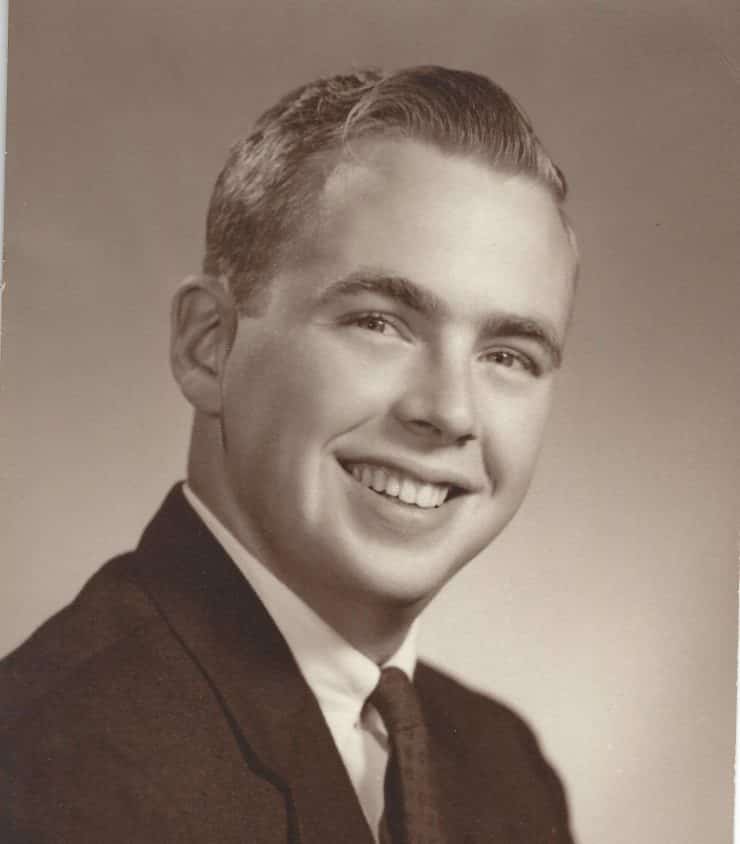When I was in college all I could think about was how I was going to get a great job, become a high-powered executive, and make a lot of money. My go-to movie and regular source of inspiration was Working Girl with Melanie Griffith and Harrison Ford. This was not a suitable guide for ethical practices, but a good example of resourcefulness. And clearly, this tells you how unworldly I was back then!
I was realistic that I wasn’t going to be the smartest person in the room, but I was sure I’d be the hardest worker, and it was that tenacity that I thought would earn me respect and admiration. I envisioned managers coming to me for my opinion and personally selecting me to lead initiatives on their team., I expected interviews with executives who were clamoring to know who this new trailblazer was in town.
My naiveté came to a crashing halt in the summer of 1989 during a phone call with my dad. I was preparing to visit him on the East Coast and interview with companies from Atlanta to New York. My dad was gracious enough to set up meetings for me with his former colleagues and people he knew from speaking engagements. As he started to walk me through what to expect if one of them hire me, I noticed he was trying to prepare me for three likely realities.
First, my dad wanted me to know that the “good ole boy’s club” was alive and well. He explained that men would be polite and help me to make them look good at work, but that most would not help me to advance my career. He said that men still primarily saw themselves as breadwinners and believed most women weren’t career-minded because eventually they’d leave work to raise their children.
Secondly, he noticed that women did not join forces to help each other get ahead. In fact, in many cases, it was “every woman for herself.” He said women seemed to be very competitive with each other and could often be a bit mean. Ideally, I would find a female executive who would take me under her wing. But he told me to not expect it.
Lastly, and this was what mattered to him the most, my dad warned that sexual harassment was not uncommon, rather it was still highly unreported. He told me of a situation in which he, as a board member for a professional organization, had to investigate the organization’s president for several complaints of touching and unwanted advances. He said it was sickening to hear the female employees tell their stories of how the president rubbed their shoulders, found ways to “accidently” touch them, and made suggestive comments, which alluded to repercussions if the women turned him down.
I think the realization that my dad’s little girl might be entering into this world of bad behavior had him pretty worried. He took the time to tell me all the ways he’d seen people treat others with disrespect and sometimes elicit fear or feelings of inferiority. He gave me suggestions for what to do either in the moment or afterwards, when I felt more safe to seek help.
As a young woman nearing graduation, I really wasn’t thinking of these kinds of obstacles, and to be honest, they gave me trepidation. But in my dad’s classic way, he also used this as an opportunity to tell me that there are a lot of really good people out there. My job was to be savvy enough to align myself with good people, know when I had to stand up for myself, be strong enough to ask for help, and learn to be the rare person who helps others along.
Looking back, I’m truly grateful for my dad’s instinct to protect me and to give me tools to help me both protect myself and propel my career. Of the three warnings he shared, I saw them all, but only experienced the first two.
The workplace has come a long way since I entered it, and if my dad were alive today, I know he’d enjoy hearing about women’s initiatives popping up in many companies, how HR teams provide training for managers about sexual harassment and what’s acceptable in the workplace, and he’d be thrilled to see that more women are stepping into executive roles. We’d talk about how communication differs between genders and generations, but more importantly, how men and women are supporting and valuing each other’s talents.
So in celebration of Father’s Day, I’d like to say “Thanks, Dad” for helping me know what to look for and how to handle the real world.
Julia is a Career Strategist and Gallop-Certified Strengths Coach based in the Bay Area. She helps career-focused professionals showcase their unique abilities and talents in order to amplify their presence in their chosen fields and when re-entering the job market. Julia uses her extensive leadership experience in executive management, business development, team building and recruiting to help her clients have the career they always wanted. Learn more about Julia at www.JuliaHolian.com, www.LinkedIn.com/in/JuliaHolian, https://Twitter.com/JuliaHolian (@JuliaHolian) and www.Facebook.com/JuliaHolian.

